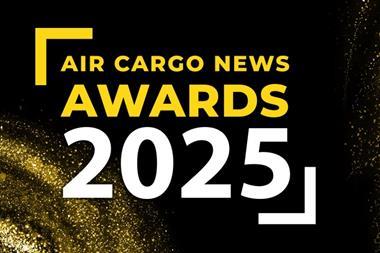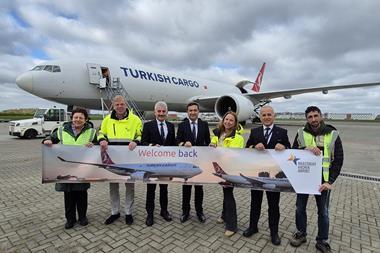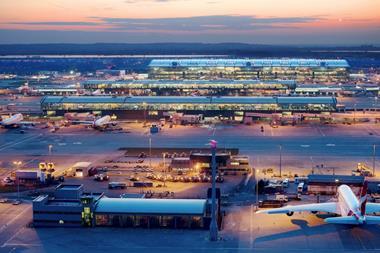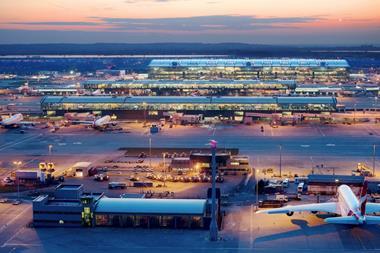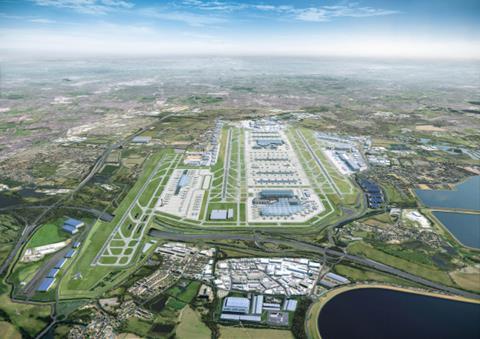
Earlier this week, the UK’s Civil Aviation Authority (CAA), which regulates the country’s aviation industry, released details of a new consultation document (CAP 1871) that provides further information on costs that Heathrow Airport Limited (HAL) expects to incur in advance of receiving a development consent order (DCO) under the Planning Act 2008 relating to the expansion of Heathrow Airport.
It outlines the approach to this early spending that the CAA considers to be in the best interest of consumers and the regulatory arrangements that should apply.
Key elements of CAP 1871 include the fact that the CAA believes: “In order to deliver capacity expansion in a timely way, HAL will need to incur significant planning costs… and certain early construction costs.
“HAL had said that in order to retain a target of 2026 for the opening of the new runway, it would need to bring forward the timing of certain spending and total early costs would need to be about £2.9bn (in 2014 prices).
“Given the increases in its estimates of these costs, and the potentially greater consequences of this spending for airlines and passengers if a DCO were not to be granted, we asked HAL to consider a range of options for this spending and for the target date for runway opening,” CAP 1871 outlined.
In essence, the CAA was concerned that Heathrow, in order to meet its aggressive schedule for infrastructure development, would run up large bills even before receiving a DCO.
In response to the publication of the CAA’s consultation work on these early costs, HAL confirmed that it had decided to delay its project timetable on expansion – notably, the third runway – for “at least 12 months”.
A spokesperson confirmed: “The CAA’s announcement is an important milestone in expanding Heathrow and connecting all of Britain to global growth.
“It increases certainty for our local communities and for the job creation, increased trade and lower airfares that expansion delivers.
“We will now review the detail to ensure it will unlock the initial £1.5 – 2 billion of private investment over the next two years at no cost to the taxpayer.
“Whilst this is a step forward, the CAA has delayed the project timetable by at least 12 months. We now expect to complete the third runway between early 2028 and late 2029,” the operator of the UK’s biggest and busiest air gateway said.







